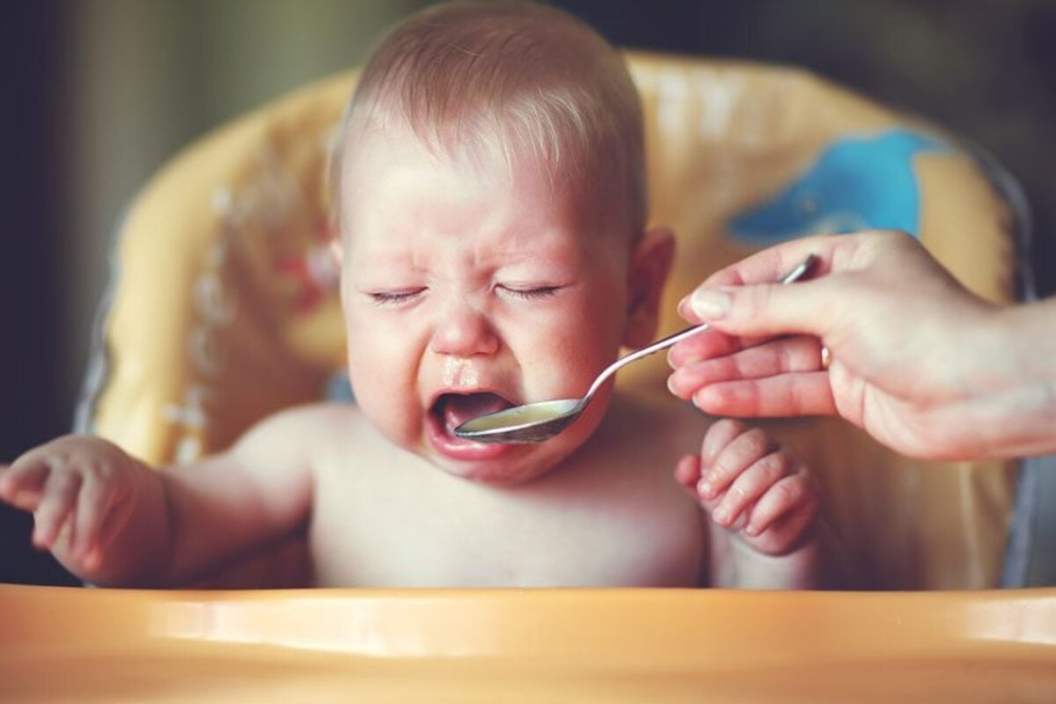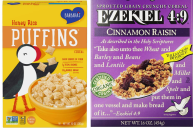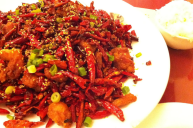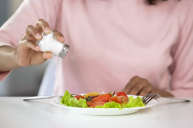Rearing a child is no easy task, and navigating through resources of research studies can be daunting. There are Dos and Don'ts around every corner, from sleeping to eating to how to prepare your home. Babyproofing your house is an entire process involving covering sharp edges and corners, blocking outlets and closing any drawers and cupboards that babies can reach. Once you've babyproofed your home, learned how to deal with your baby's erratic sleep schedule, and everything else that comes with bringing a new human into the world, you still need to figure out how to feed your baby as he or she outgrows breastfeeding and formula. To help, here are 14 foods you should never give babies.
Feeding your infant is full of "don'ts." This list of foods is a general overview with a brief explanation - we are in no way a reputable medical journal and caution should be taken before administering any kinds of new food to your precious babe, especially before they are a year old. So, if you're ever unsure of something that's not on this list, make sure to do your own research. Plus, every baby is different, and you don't always know if your baby is allergic to something. Be careful to observe your baby and call your doctor if he or she has a reaction to a food.
It's easy when your little one is still breastfeeding or on formula, but when you start feeding them other baby foods, many new parents wonder what's safe and what isn't. Always check with your pediatrician, but this list of foods you should never give babies is a good place to start. It's always better to stay on the safe side when it comes to babies!
1. Honey
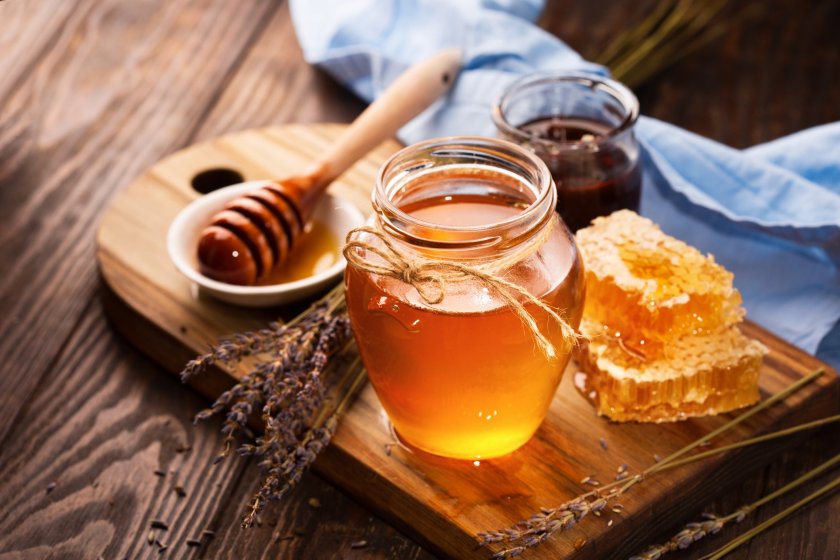
Getty Images/Metkalova
Honey is known to sometimes contain the spores of Clostridium botulinum, a bacteria that can cause botulism.
While adults' intestinal tracts easily prevent the growth of spores, they can grow quickly, threatening your baby's life.
2. Cow's Milk and Soy Milk 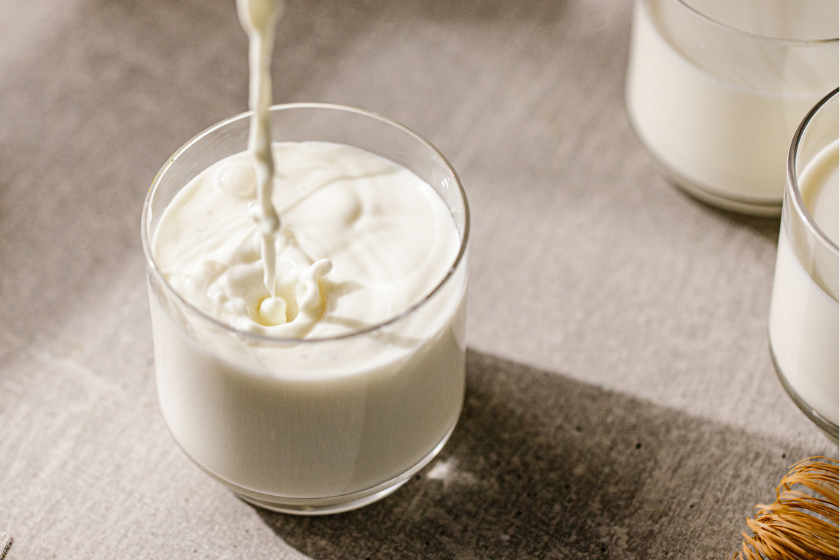
Don't replace breast milk with cow's milk until a child's first birthday, at least. Especially if you haven't looked into where your milk comes from.
It's much more difficult for a baby's stomach to digest the proteins, and cow's milk can contain minerals that damage a baby's kidneys. Same goes for soy milk.
3. Fruit Juice
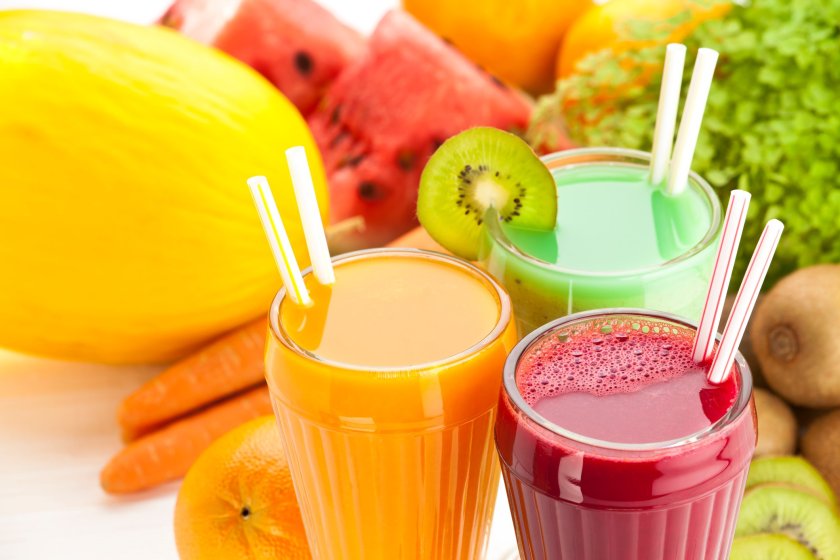
Getty Images/fcafotodigital
Skip the fruit juice for at least the first six months. It's full of sugar and doesn't offer any nutrition you can't find in whole fruit. Plus, little tummies can be sensitive to highly acidic beverages like orange juice.
If you are reaching for juice, go with something better for soft stomachs — pear, apple or grape — and dilute it with some water.
4. Refined Grains
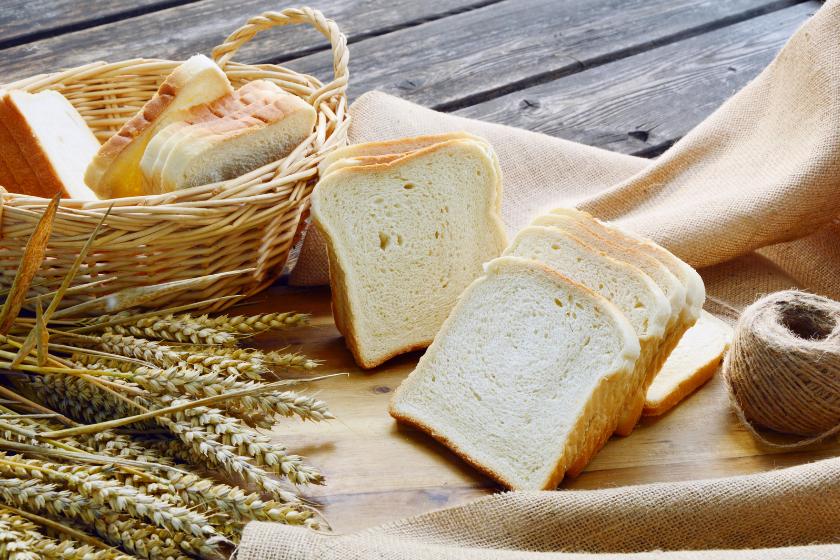
Refined, or "white," grains are stripped of much of their natural nutrients during the refining process. Babies are better off with 100-percent whole grain bread, pasta, cereals, rice, and crackers.
5. Sugar and Candy
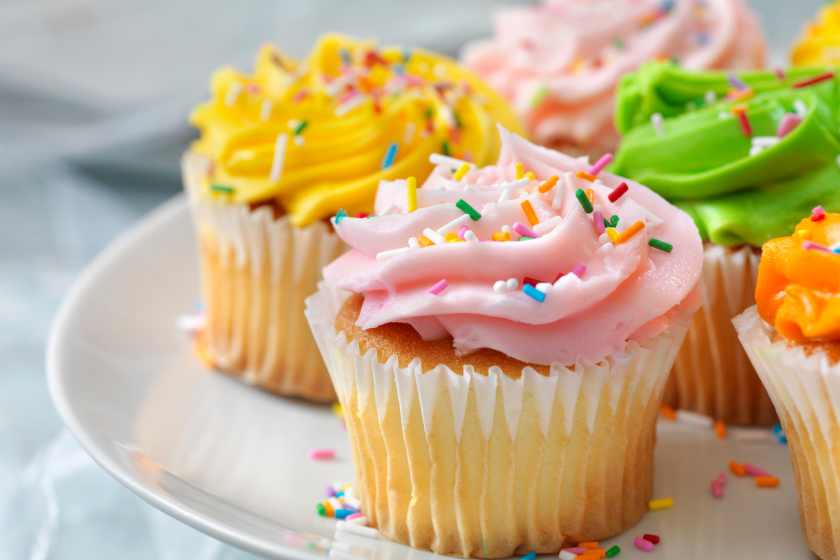
Sugary sweets and candies present a three-fold problem for babies; they're loaded with sugar, which can alter the developing taste foundations in your little one — not to mention keep them up all night more than they already are.
Many candies — M&M's, Skittles and other hard candies, also present a choking hazard.
6. Unpasteurized Foods
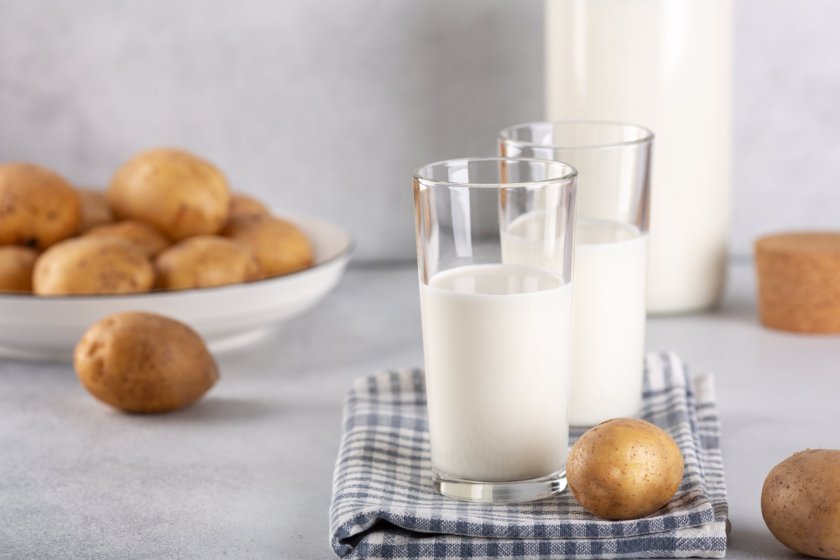
Getty Images/Elizaveta Elesina
Honey, milk, certain juices and ciders, and other dairy products are often available unpasteurized; in fact, raw milk has become quite popular recently. These products may still contain the dangerous bacteria normally removed during the pasteurization process and can cause very serious illnesses in babies and young children.
7. Smoked and Cured Meats
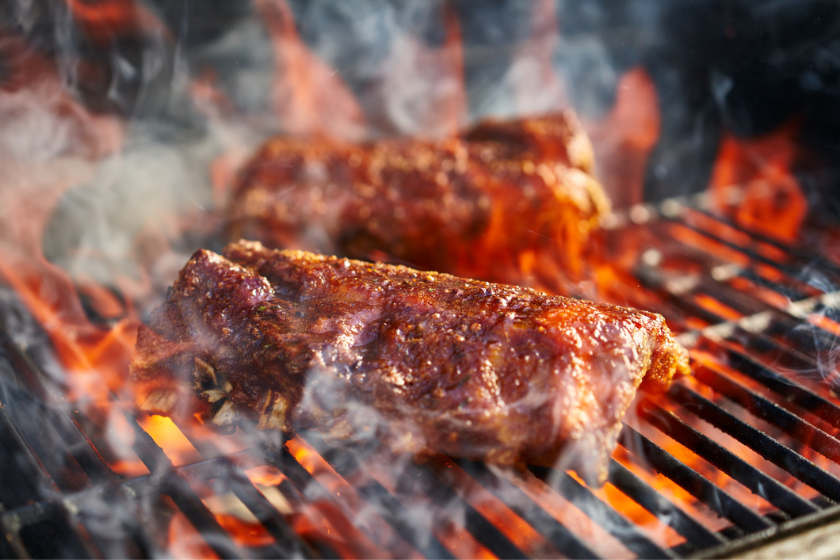
New studies have shown smoked, cured or barbecued meats contain high levels of nitrates, which have been linked to an increased cancer risk.
Things like bacon, hot dogs and ribs are also high in sodium and full of animal fats — neither of which are great for your baby.
8. Allergenic Foods
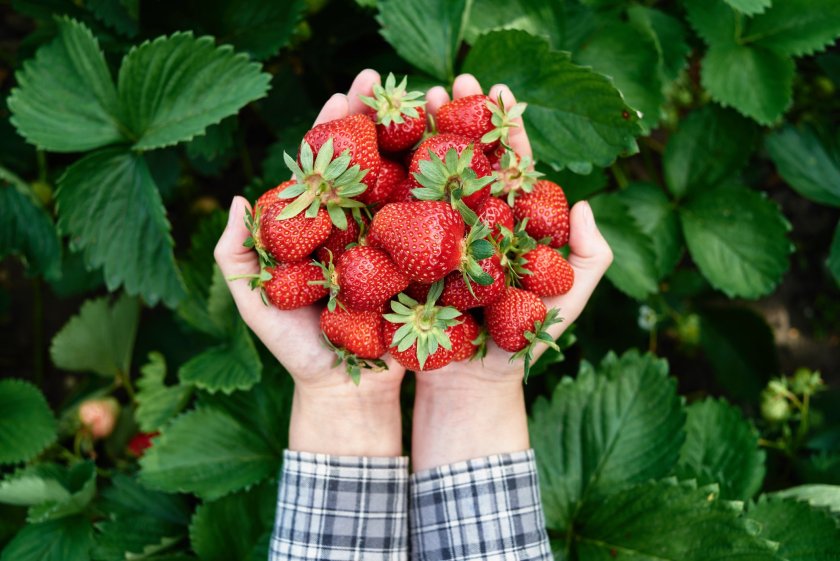
Getty Images/Dmytro Duda
Foods are known to commonly produce allergic reactions — things like eggs, peanuts, wheat, certain citrus fruits, shellfish, strawberries, and tomatoes — used to be off-limits for the first year of a baby's diet.
However, today's pediatricians recommend starting to introduce these foods between 4 and 11 months to — get this — prevent food allergies from developing. Even so, introduce allergenic foods slowly, one at a time, and keep careful watch for a reaction of any kind.
9. Fish
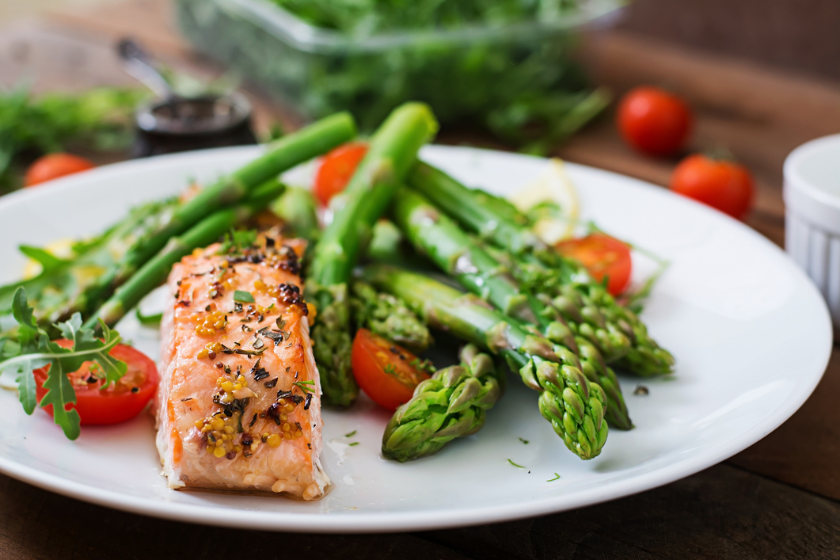 While fish contains some things that can be great for your baby, they also present the risk of high levels of mercury. Tuna, mackerel, swordfish, shark, and tilefish have all been shown to contain too much mercury; safer options include haddock, hake, trout, shrimp, scallops, wild salmon, tilapia and whitefish.
While fish contains some things that can be great for your baby, they also present the risk of high levels of mercury. Tuna, mackerel, swordfish, shark, and tilefish have all been shown to contain too much mercury; safer options include haddock, hake, trout, shrimp, scallops, wild salmon, tilapia and whitefish.
As mentioned above, though, keep a close eye when introducing allergen-containing fish and seafood items.
10. Peanut Butter
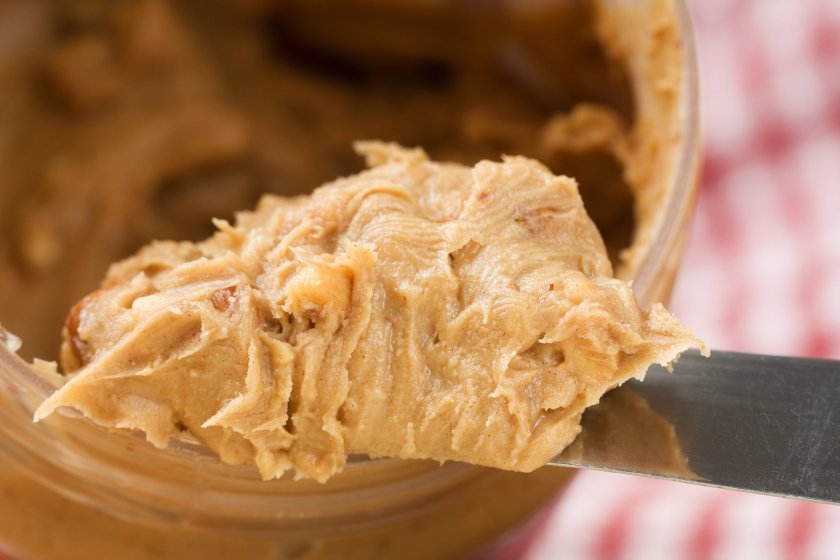
Getty Images/skhoward
Thick and sticky, peanut (and other nut) butter can present a choking hazard in babies.
Beyond that, it's best to keep the baby away from solid foods that are commonly allergenic (see above) for at least the first few months.
11. Berries and Citrus Fruits
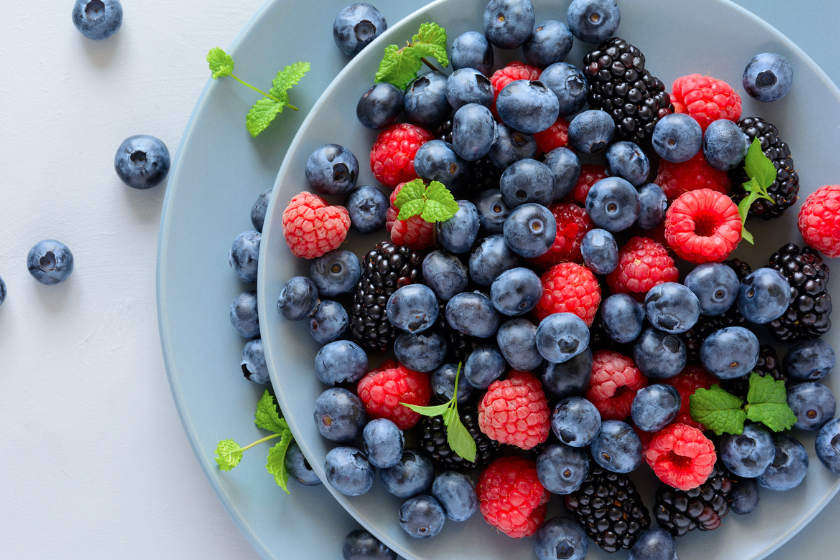
While some fruits are great for babies, there are others that go on the list of foods you should never give babies. Strawberries, raspberries, blackberries, and blueberries can be tough on an infant's digestive system, and citrus fruits like oranges, grapefruits and pineapples are too acidic.
These foods can cause rashes, in addition to an upset stomach. And when you do introduce berries, make sure they're diced into very small pieces.
12. Chocolate
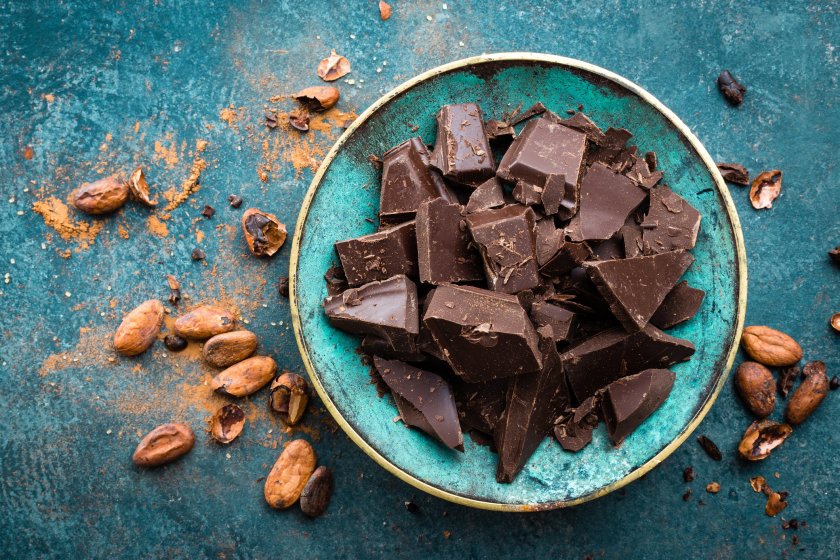
Getty Images/YelenaYemchuk
It's full of sugar and caffeine; you definitely don't want to give this to your little one if you hope to sleep through the night.
Chocolate is also bad for the baby's developing teeth. If you do allow a piece of chocolate here and there, make sure it's followed with a tooth-brushing.
13. Egg Whites
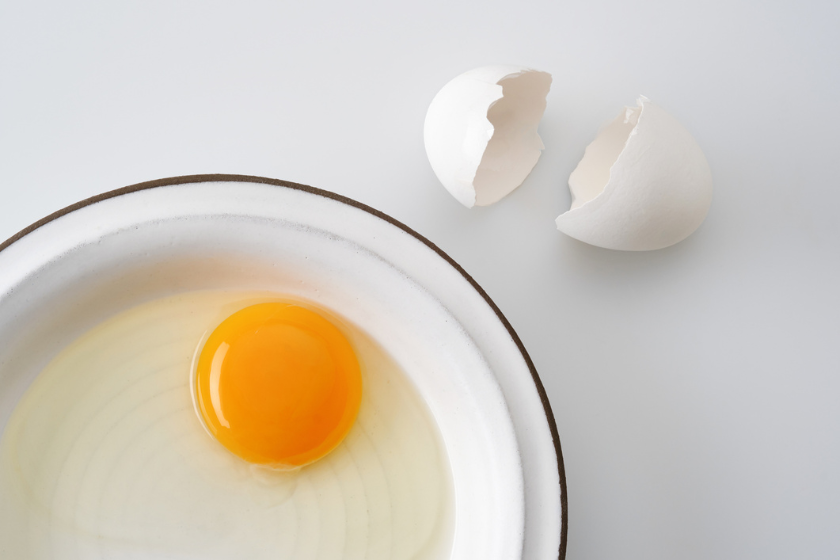 Since egg allergies can cause dangerous symptoms in young children, many pediatricians do not recommend serving egg whites until the baby is older than one year; yolks generally tend to be safer.
Since egg allergies can cause dangerous symptoms in young children, many pediatricians do not recommend serving egg whites until the baby is older than one year; yolks generally tend to be safer.
Your pediatrician will recommend a good time to introduce egg whites. Of course, always make sure eggs are completely cooked before serving.
14. Certain Vegetables
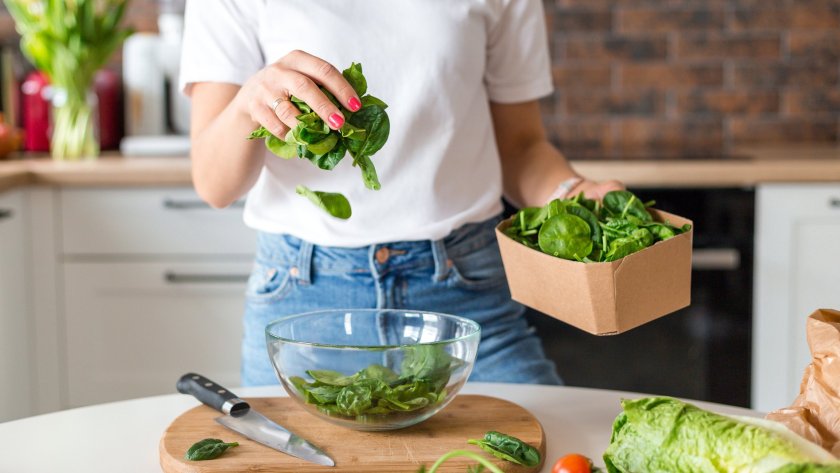
Getty Images/Mariia Skovpen
Certain vegetables are on the list of foods you should never give babies. Spinach, beets, collard greens, and lettuce are known to contain levels of nitrates too high for your baby's stomach to properly process. Their stomach acid isn't strong enough to break these nitrates down, which hinders blood's transfer of oxygen throughout the body.
When you do want to serve your little one veggies, cooked sweet potatoes, peas and squash are soft, low-nitrate and full of vitamins.
READ MORE: 5 Baby Play Yards for Indoor and Outdoor Fun
